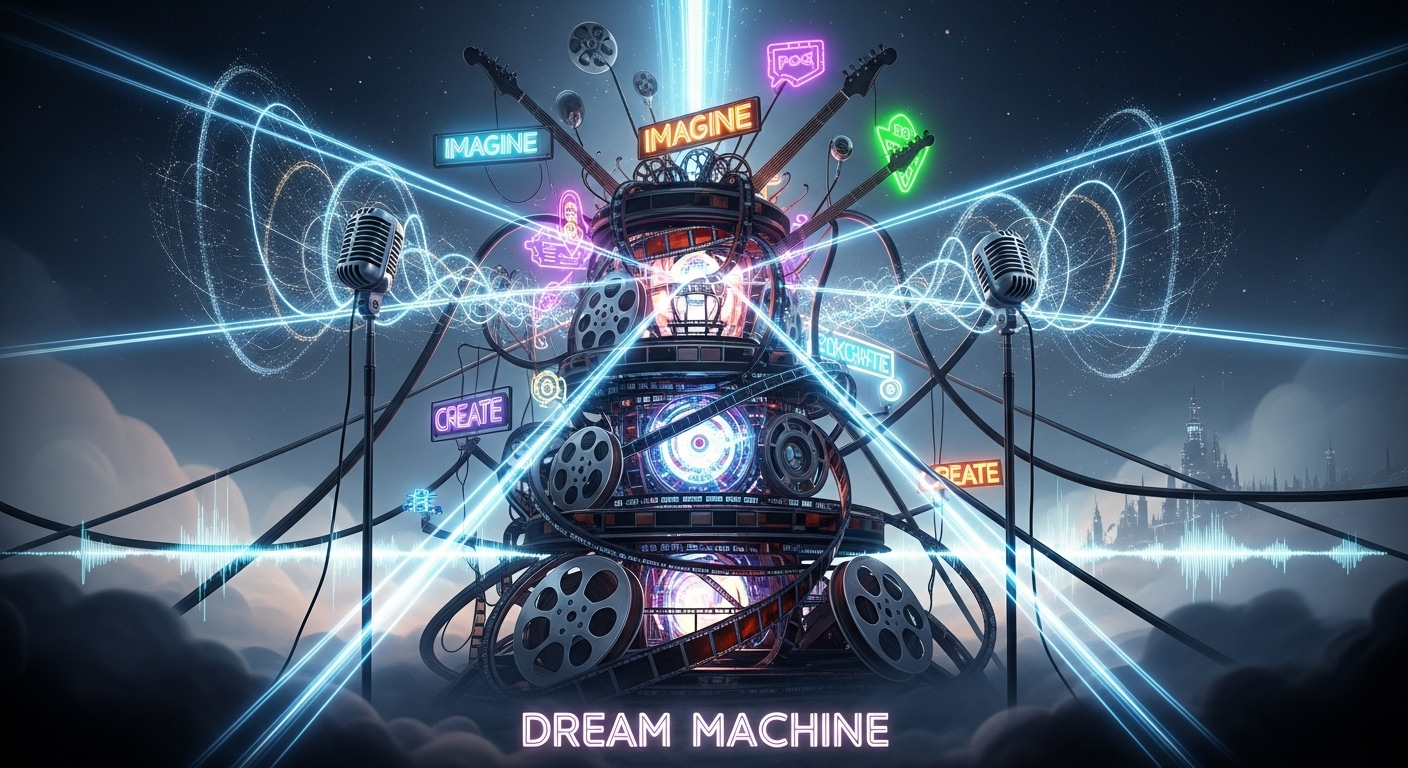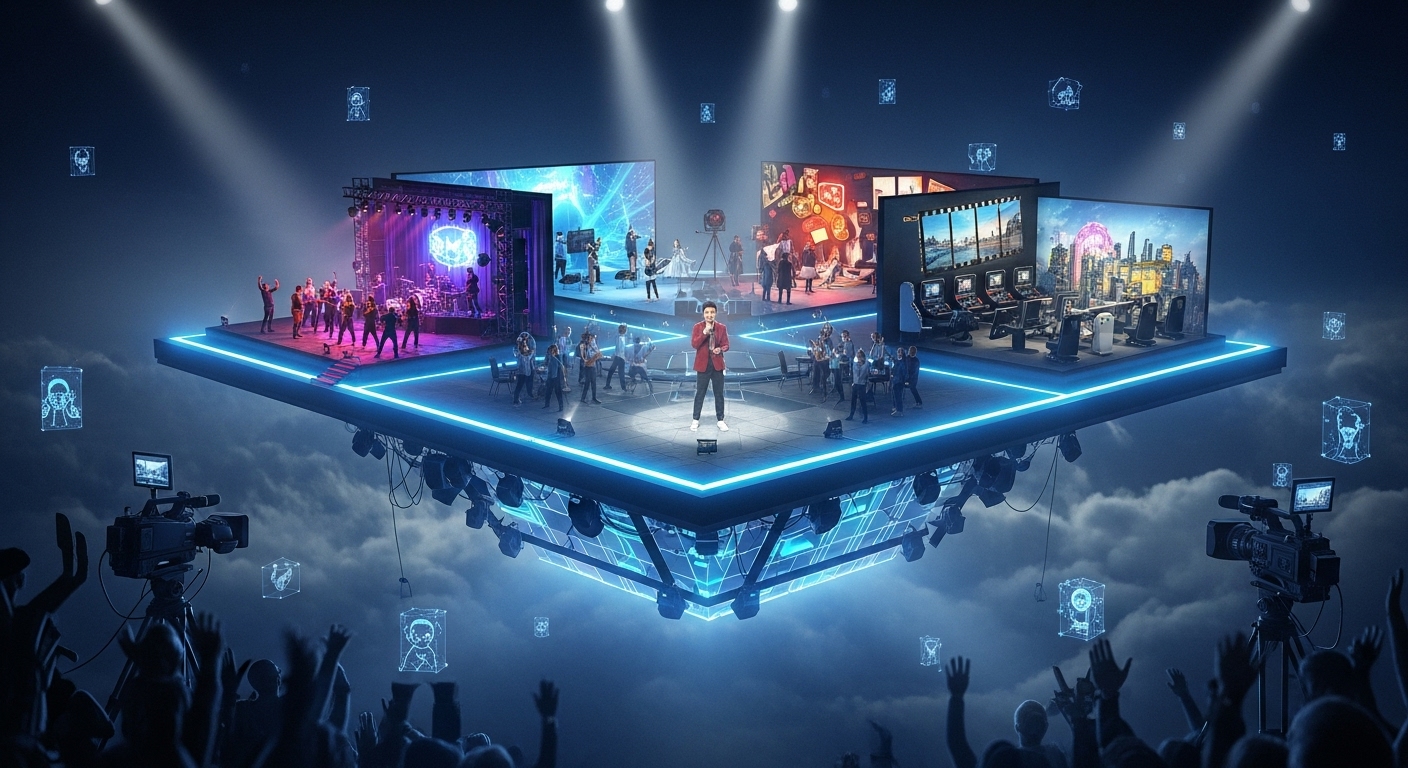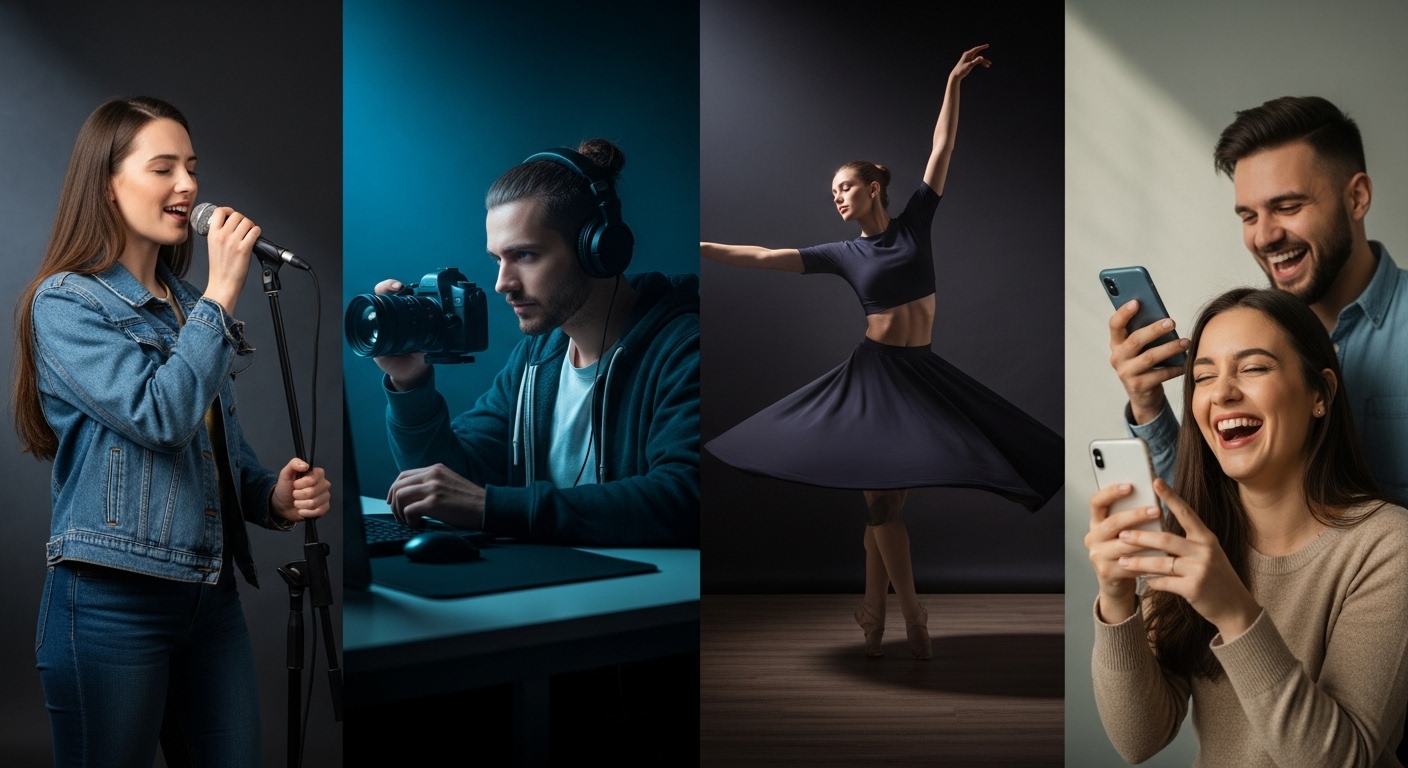Entertainment has always been an essential part of human life. From ancient storytelling around fires to modern-day streaming platforms, the way we experience amusement has continuously evolved. Today, entertainment encompasses a vast range of activities—movies, television, music, gaming, live performances, and digital experiences. This blog dives deep into the contemporary world of entertainment, exploring its various facets, trends, and cultural impact.
The Magic of Movies: From Silver Screens to Home Theaters
Movies have been a central pillar of entertainment for over a century. The film industry has undergone incredible transformations since the silent film era. Today, audiences enjoy a variety of cinematic experiences, from blockbuster spectacles to independent films that explore niche stories.
Blockbuster franchises dominate the box office, with stories that transport audiences into fantastical worlds. Films like superhero sagas, sci-fi adventures, and epic fantasies have created universal cultural phenomena. However, independent and arthouse cinema continues to thrive, offering thought-provoking narratives that challenge mainstream perspectives.
The rise of streaming platforms has changed how we consume movies. Viewers no longer need to visit theaters to enjoy the latest releases. Instead, films premiere on digital platforms, giving audiences the convenience of watching from home. While some purists argue that this diminishes the cinematic experience, others embrace the accessibility and personalization that streaming offers.
Television in the Modern Era: From Broadcast to On-Demand
Television has transformed dramatically over the past few decades. Traditional broadcast channels, once the primary source of serialized entertainment, now coexist with an array of on-demand streaming services. These platforms have revolutionized storytelling, enabling creators to experiment with format, length, and genre.
One of the most significant changes is the rise of “binge-watching.” Entire seasons of TV shows are released at once, allowing audiences to consume content at their own pace. This shift has influenced the way stories are written, with creators designing narratives that maintain engagement over extended periods.
Moreover, television has become more diverse and inclusive. Shows now feature stories from different cultures, identities, and perspectives, reflecting a globalized audience. From gripping dramas to laugh-out-loud comedies, modern TV caters to virtually every taste.
The Power of Music: Universal Language of Emotions
Music is perhaps the most universal form of entertainment. It transcends language, culture, and geography, connecting people through emotion and rhythm. Today’s music industry is a fusion of genres, cultures, and technologies.
The digital age has democratized music production and distribution. Artists can record, produce, and release songs independently, reaching audiences directly through streaming platforms. Social media platforms have also become powerful tools for discovery, enabling songs to go viral overnight.
Genres like pop, hip-hop, electronic, rock, and classical coexist and constantly influence each other. Collaborations between artists from different backgrounds have become increasingly common, creating innovative sounds that push creative boundaries. Music festivals, live performances, and virtual concerts continue to provide immersive experiences that captivate fans worldwide.
Gaming: The Interactive Frontier
Video games have grown into one of the most significant forms of entertainment in the modern era. They offer interactive experiences that engage players like no other medium can. From story-driven adventures to competitive multiplayer games, gaming has something for everyone.
The evolution of gaming technology has been remarkable. Early arcade games were simple in design but addictive in gameplay. Today, high-end graphics, realistic physics, and immersive narratives provide experiences that rival movies in emotional depth and storytelling. Virtual reality and augmented reality are taking gaming to entirely new levels, allowing players to step into worlds that were once the realm of imagination.
Gaming has also become a social phenomenon. Online multiplayer games connect players globally, fostering communities and friendships. Competitive esports have emerged as a professional arena, with tournaments drawing millions of viewers and substantial prize pools. Gaming is no longer a niche hobby; it is a cultural force shaping entertainment trends worldwide.
Social Media and Digital Entertainment
In recent years, social media platforms have become major entertainment hubs. Apps like Instagram, TikTok, and YouTube provide endless content tailored to individual interests. Short-form videos, memes, and creative challenges dominate these spaces, offering bite-sized amusement and viral trends.
Content creators have gained unprecedented influence. From lifestyle vloggers to comedic performers, individuals now produce entertainment that rivals traditional media in reach and impact. The interaction between creators and audiences is instantaneous, fostering a sense of community and participation.
The rise of live streaming has also transformed entertainment. Platforms allow creators to engage with audiences in real-time, whether playing games, performing music, or sharing personal experiences. This immediacy creates a dynamic and participatory form of entertainment that continues to grow in popularity.
Live Performances: The Thrill of Real-Time Entertainment
Despite the rise of digital media, live performances continue to hold a unique place in the entertainment landscape. Concerts, theater productions, comedy shows, and sporting events offer an experience that digital platforms cannot replicate.
The energy of a live audience, the spontaneity of performers, and the shared emotions of the crowd create an irreplaceable atmosphere. Many artists and performers have embraced hybrid models, streaming live performances while still welcoming in-person audiences. This approach broadens access while preserving the magic of live entertainment.
The Role of Celebrities in Entertainment
Celebrities are central figures in the entertainment industry. Actors, musicians, athletes, and influencers shape trends, inspire audiences, and drive cultural conversations. Beyond their work, celebrities often influence fashion, lifestyle, and social movements.
The relationship between celebrities and their audiences has evolved. Social media allows fans unprecedented access to their favorite stars, creating more intimate connections. While this can humanize celebrities, it also amplifies scrutiny and pressure. Nevertheless, the allure of fame continues to captivate public imagination and fuel the entertainment ecosystem.
Cultural Impact of Entertainment
Entertainment is more than just a source of amusement; it reflects and shapes culture. Movies, music, and games often address social issues, explore human emotions, and challenge societal norms. They can spark conversations, inspire movements, and even influence public opinion.
For instance, films and shows that address topics like mental health, diversity, and environmental conservation contribute to societal awareness. Music can mobilize communities, with lyrics that resonate across generations. Gaming and interactive media encourage problem-solving, creativity, and collaboration. The cultural significance of entertainment underscores its role as both a mirror and a catalyst for societal evolution.
Emerging Trends in Entertainment
The entertainment industry is continuously evolving, driven by technology and shifting consumer preferences. Some of the emerging trends include:
- Virtual Reality and Augmented Reality: Immersive experiences that go beyond passive consumption, creating interactive worlds.
- Artificial Intelligence in Content Creation: AI tools assisting in writing, music composition, and animation, enabling faster and more innovative production.
- Cross-Media Storytelling: Narratives that span movies, games, books, and digital platforms, providing a multi-dimensional experience.
- Sustainable Entertainment: Eco-friendly production practices and socially conscious content reflecting global priorities.
These trends indicate that the future of entertainment will be increasingly immersive, personalized, and socially aware.
Conclusion: Entertainment as a Human Necessity
Entertainment is not merely a leisure activity; it is a vital part of the human experience. It provides escapism, emotional expression, social connection, and cultural enrichment. From the silver screen to interactive games, from viral videos to live performances, entertainment continues to evolve while remaining deeply connected to human creativity and curiosity.
As technology advances and audience preferences diversify, the landscape of entertainment will continue to expand in unimaginable ways. What remains constant, however, is its power to delight, inspire, and bring people together across time, space, and culture.
In a world full of challenges and complexities, entertainment reminds us of the joy, imagination, and wonder that make life extraordinary.



